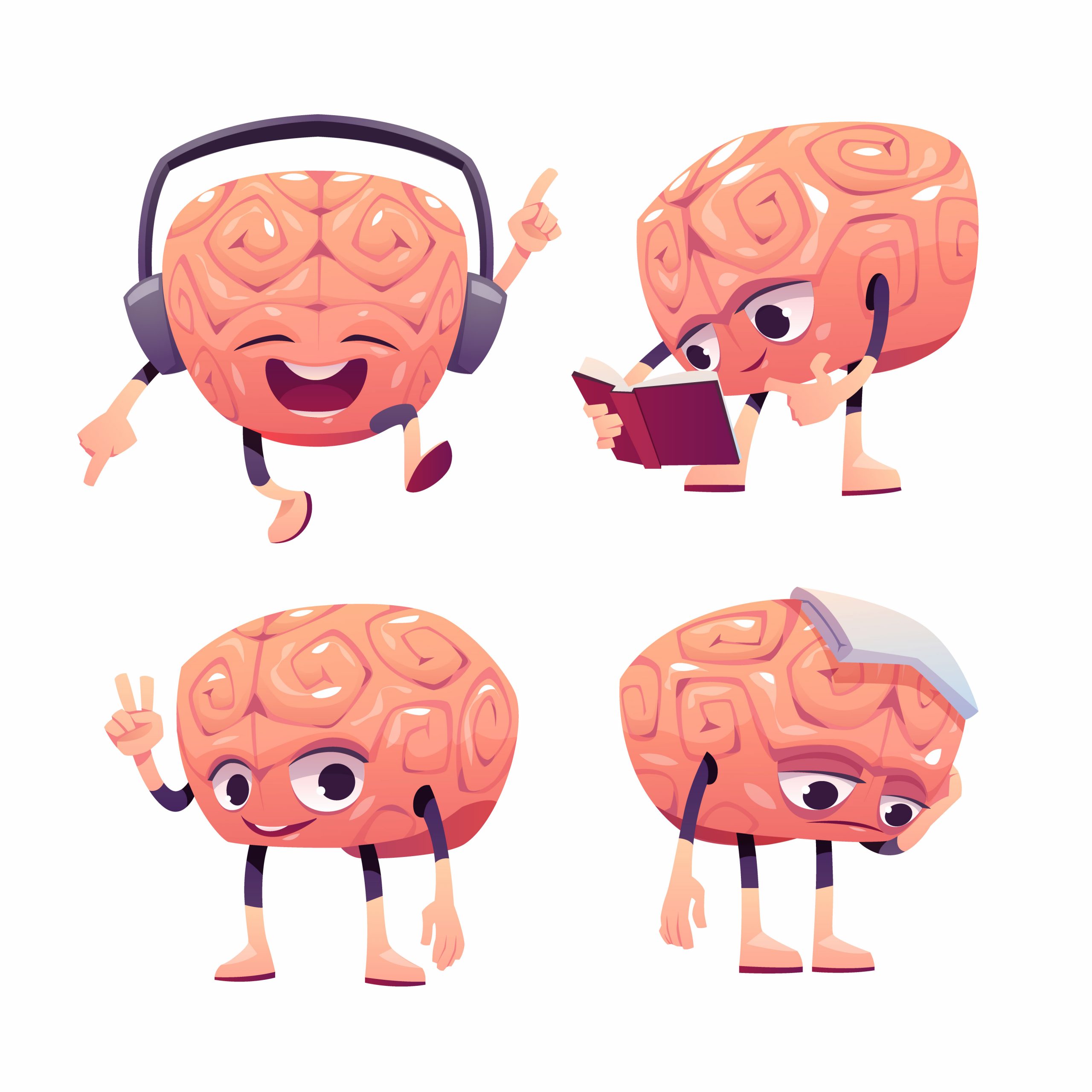There is no dispute that classical music has a tremendous influence on the brain. In reality, the brain reacts in a variety of distinct and surprising ways when exposed to classical music.
One of the most well-known and established impacts of classical music on the brain is its capacity to produce peace and relaxation. This is likely owing to the fact that classical music is constructed with a broad range of melodies and tones that are often quiet and relaxing.
Another well-known impact of classical music on the brain is its capacity to increase cognitive performance. This is owing to the fact that classical music is written with a great diversity of rhythms, tones, and melodies.
Classical music has a long and consistent history of impacting the brain in a number of ways. Some of the most well-known effects of classical music include reducing stress, increasing focus, improving brain function, and even improving memory. While each individual may have their own unique benefits to enjoying classical music, there are some general principles that apply to all music, regardless of genre.
There are two main ways classical music affects the brain. One is through the use of memories, which is why listening to a piece of classical music can help improve your memory. Classical music also has a strong impact on the emotions, which can be seen in how it can reduce stress or increase happiness.
There is no one definitive way to enjoy classical music, but there are a few general principles that can help. First, listen to classical music slowly and carefully, choosing pieces that are well-suited to your listening preferences. Second, try to find pieces that are both interesting and challenging.
Classical music has been demonstrated to have a multitude of impacts on the brain, including enhancing concentration, memory, and attention. Additionally, classical music has been demonstrated to help alleviate anxiety and tension.
There is little question that classical music has a major influence on the brain. In a research published in the journal “PLoS ONE” in 2016, scientists utilized MRI scans to investigate at how classical music affects the brain. They discovered that classical music may produce alterations in the brain that are comparable to those observed in patients who have dementia. The research also discovered that classical music may boost the function of the frontal cortex, which is responsible for critical thinking and decision-making.
Classical music has been demonstrated to have a multitude of benefits on the brain, including calming and stimulating the mind, increasing cognitive performance, and reducing stress levels. It is also known to have anti-inflammatory effects, which may be responsible for its capacity to decrease inflammation in the body.
There are several scientific studies that indicate how classical music affects the brain. In certain instances, it has been discovered that listening to classical music may boost cognitive function, such as one’s ability to acquire new skills or comprehend new information. Additionally, it has been discovered to boost one’s ability to concentrate and focus, as well as raise one’s emotional intelligence.
Conclusion
Keep in mind that listening to classical music may help alleviate feelings of tension and anxiety, as well as enhance social relationships.















